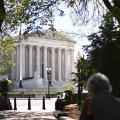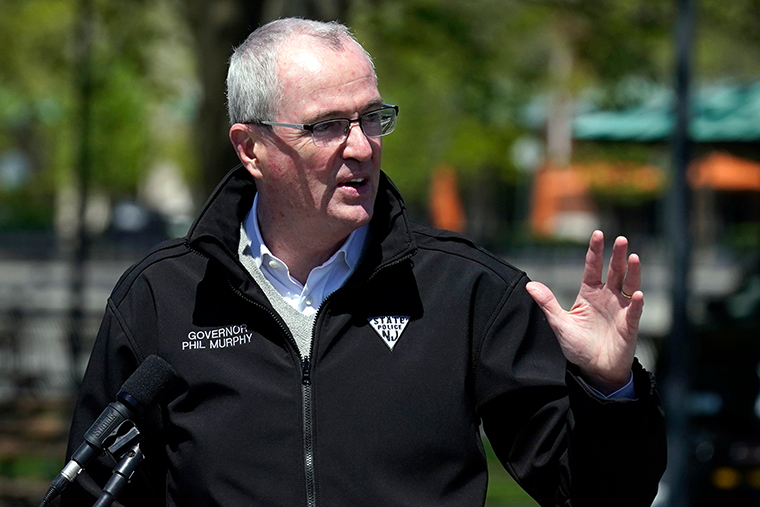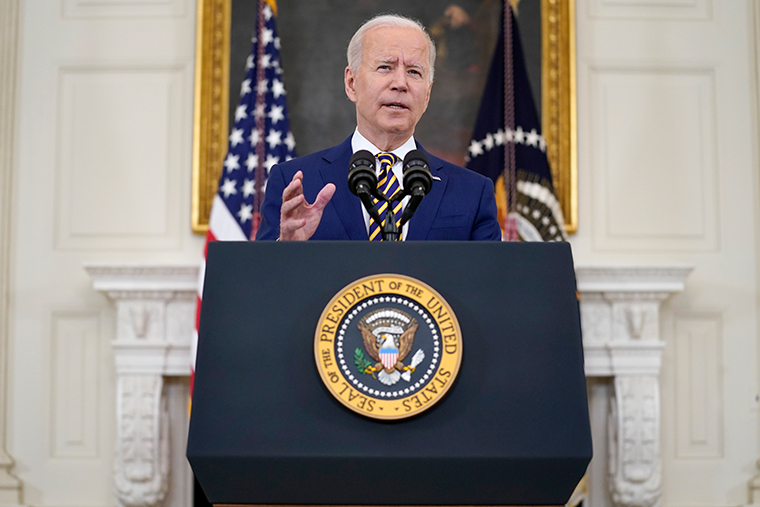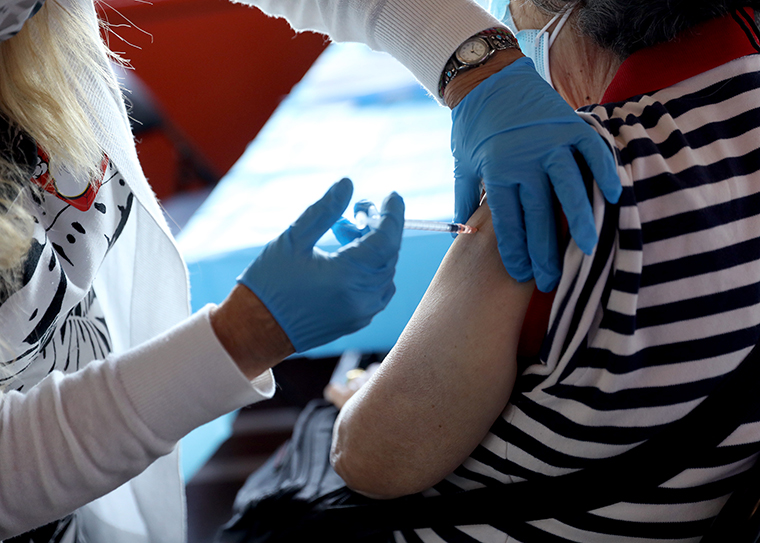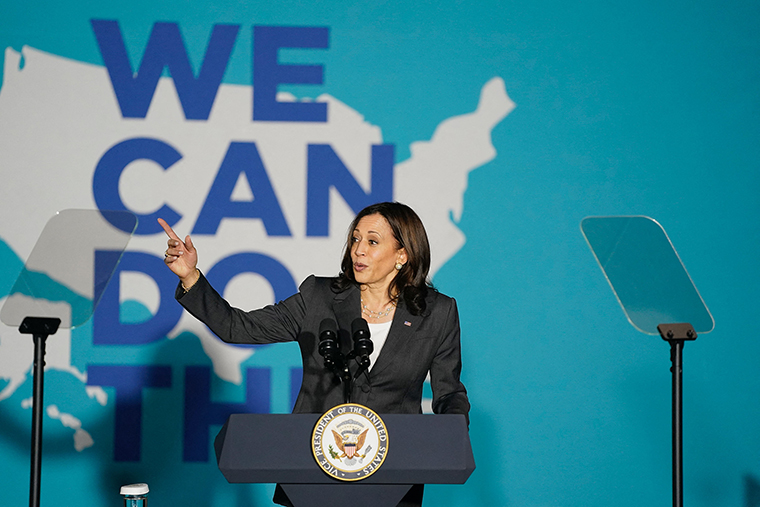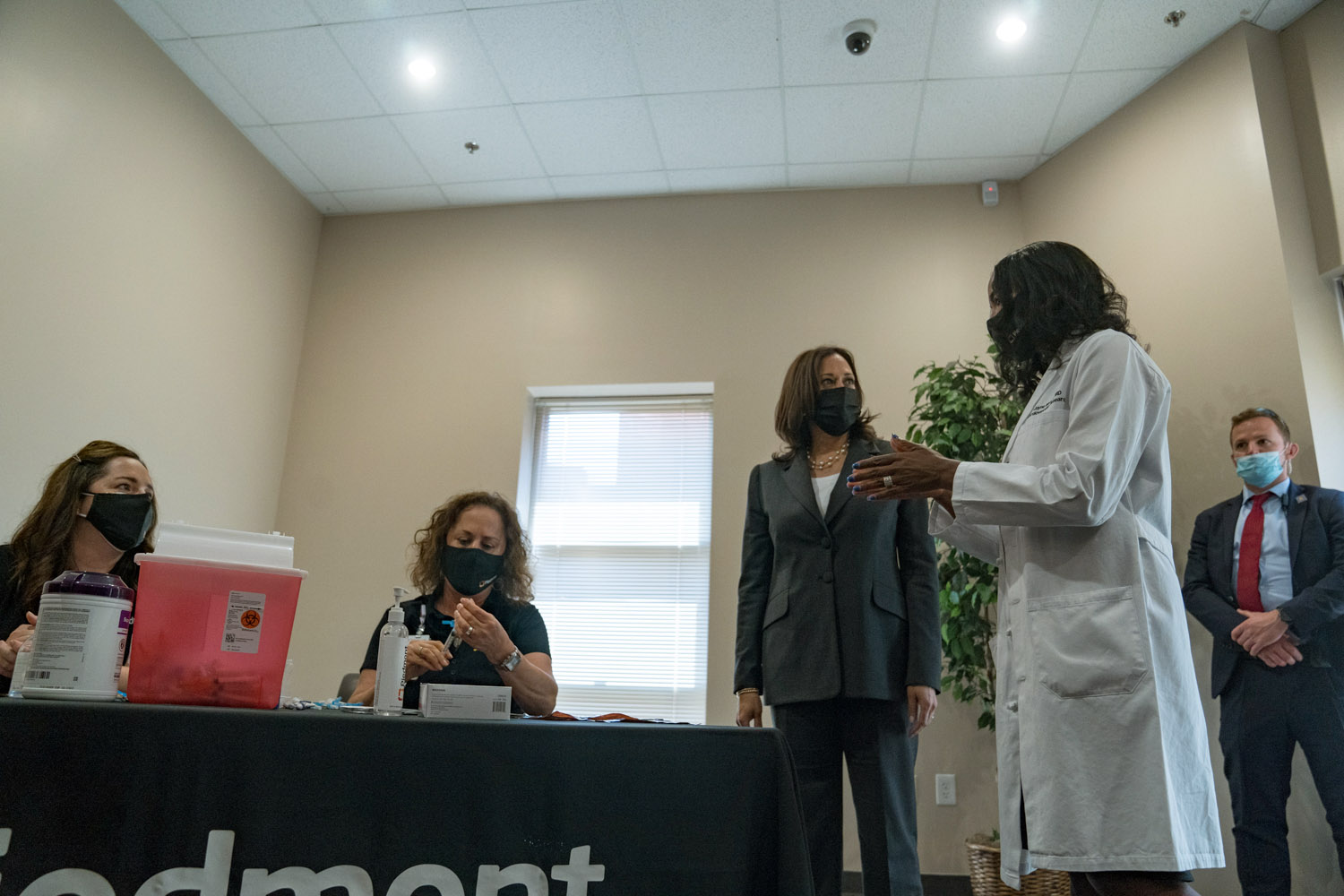New Mexico Gov. Michelle Lujan Grisham announced the state will lift all pandemic health restrictions on July 1.
According to a news release from the governor’s office, the state has been broadly open for the past few months but “opening day” is set for two weeks from now. That means businesses may once again operate at 100% capacity and limitations on both indoor and outdoor mass gatherings will be gone.
“I know some will say this day is late in coming. I sure wish we’d gotten here sooner,” said Lujan Grisham. “I said all along: Vaccines are the way out, getting shots gets us there quicker. We were always going to put health and safety first. All along we have taken the approach that will protect the most New Mexicans, knowing the unique health risks of our population, understanding and respecting how dangerous this virus is. I believe, on the whole, New Mexicans made the right public health decisions in their day-to-day lives, following the science and helping us get to this point quickly and, more importantly, as safely as we possibly could.”
Masks have not been required in New Mexico for vaccinated individuals since May 14, but businesses may still require them if they choose.
As of Friday, the New Mexico Department of Health reports 59.4% of eligible New Mexicans are completely vaccinated.


